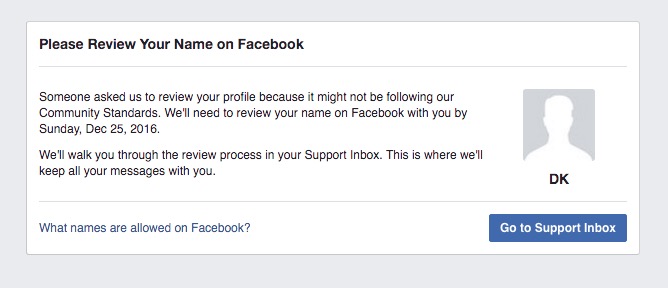
A bunch of things (which I added to my Tumblr) for your eyes and ears plus brain to spend time on (as no longer on Twitter).
READ
““A factor of 10 is an enormous difference, and this is what happens when you look at a reproduction compared to a real work,” said Martine Gosselink, director of the Mauritshuis, on Wednesday. “You become [mentally] richer when you see things, whether you are conscious of it or not, because you make connections in your brain.” Gosselink said she had been convinced of the power of the real before the study but had wanted her hunch to be formally investigated. “We all feel the difference – but is it measurable, is it real?” she said she had asked her colleagues a year ago. “Now, today we can really say that it is true.””
Real art in museums stimulates brain much more than reprints, study finds | Neuroscience | The Guardian
“Let’s be clear: the UK’s mooted copyright scheme would effectively enable companies to nick our data – every post we make, every book we write, every song we create – with impunity. It would require us to sign up to every individual service and tell them that no, we don’t want them to chew up our data and spit out a poor composite image of us. Potentially hundreds of them, from big tech companies to small research labs. Lest we forget, OpenAI – a company now valued at more than $150bn – is planning to forswear its founding non-profit principles to become a for-profit company. It has more than enough money in its coffers to pay for training data, rather than rely on the beneficence of the general public. Companies like that can certainly afford to put their hands in their own pockets, rather than ours. So hands off.”
Here’s the deal: AI giants get to grab all your data unless you say they can’t. Fancy that? No, neither do I | Chris Stokel-Walker | The Guardian
““The existing structure of OpenAI is quite convoluted,” said Brian Quinn, a professor at Boston College law school. “If they simplify their structure in some way and have a public benefit corporation as the parent company, they can make as much money as they want.” The ChatGPT developer is reportedly heading for a valuation of $150bn under the new fundraising, making it worth nearly as much as Uber. Apple and the chipmaker Nvidia are among the companies cited in reports as potential investors in the funding round.”
OpenAI planning to become for-profit company, say reports | OpenAI | The Guardian
“The TikTok owner launched its own web scraper, Bytespider, in April, and it’s now scraping data multiple times faster than bots from other companies, Fortune reported, citing research from Kasada, a bot management company, and Dark Visitors, a monitor of scraper bots. Companies developing AI models, such as Google and Meta, use scraper bots to gather data to train and improve the large language models (LLMs) and multimodal models that power the companies’ AI services.”
TikTok owner ByteDance scrapes the web faster than OpenAI
“Kline sat at his keyboard between the lime-green walls of UCLA’s Boelter Hall Room 3420, prepared to connect with Duvall, who was working a computer halfway across the state of California. But Kline didn’t even make it all the way through the word “L-O-G-I-N” before Duvall told him over the phone that his system crashed. Thanks to that error, the first “message” that Kline sent Duvall on that autumn day in 1969 was simply the letters “L-O”.”
‘We were just trying to get it to work’: The failure that started the internet
“This week, Balaji posted an essay on his personal website, in which he argued that OpenAI was breaking copyright law. In the essay, he attempted to show “how much copyrighted information” from an AI system’s training dataset ultimately “makes its way to the outputs of a model.“ Balaji’s conclusion from his analysis was that ChatGPT’s output does not meet the standard for “fair use,” the legal standard that allows the limited use of copyrighted material without the copyright holder’s permission.”
Former OpenAI Staffer Says the Company Is Breaking Copyright Law and Destroying the Internet
WATCH
EXPLORE
The Mudita Kompakt is live on Kickstarter and fun attempt at cutting out the digital distractions of a phone (apart from the e-ink this can be achieved with any phone though but good for kids as a dumb phone).
The WikiProject AI Cleanup aims combat the increasing problem of unsourced, poorly written AI-generated content on Wikipedia.
Linkwarden is a self-hosted, open-source collaborative bookmark manager to collect, organize and archive webpages.
Great overview / blog post on how to create an On-Stage Teleprompter using Free Open Source Tools.
Just a bunch loud of free ‘plaid patterns’ for use, because, well, you never know!






